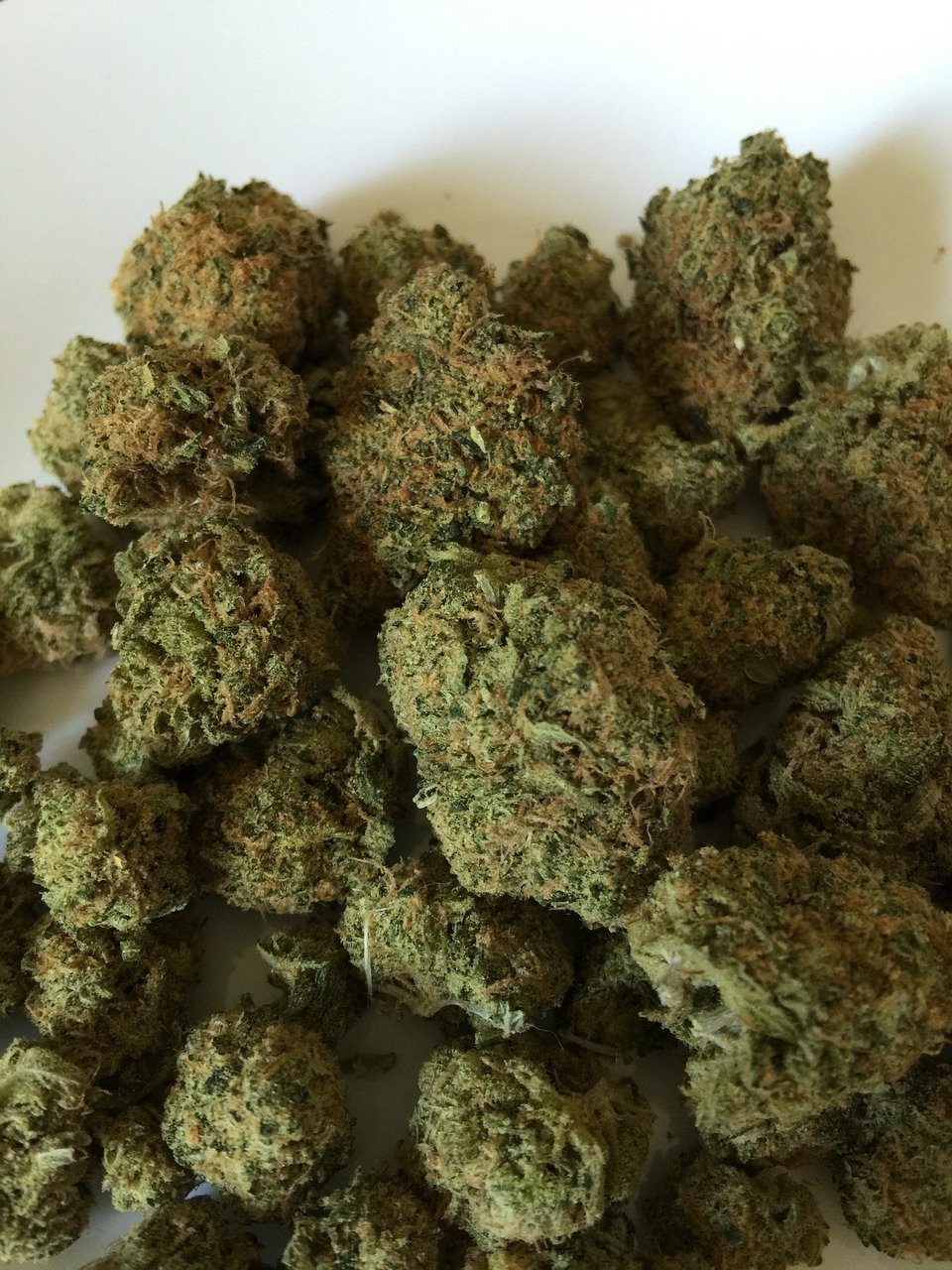
OTTAWA — Members of Canada’s black communities praised the federal government Tuesday for earmarking $10 million towards mental health programs, but they said Ottawa has yet to address their pressing request around outstanding pot possession charges — an issue that’s been raised from within the Liberal caucus.
Health Minister Ginette Petitpas Taylor announced a funding program designed to strengthen culturally-relevant mental health supports for black youth, their families and communities that will address underlying factors, including anti-black racism.
The funding was lauded by advocates who said Ottawa is clearly taking “black individual experiences” seriously.
“What we are learning now is how this funding is … going to play out in the community,” said Habon Ali, a 21-year-old University of Toronto student and youth adviser to Prime Minister Justin Trudeau.
Petitpas Taylor said in an interview that the last federal budget included funding for mental health programs for black Canadians and the government is now accepting proposals from groups and organizations looking to provide services.
“We recognize that black Canadians face specific obstacles that others don’t,” she said.
“Many individuals certainly recognize that those are obstacles to receiving services that they need.”
The government, though, has said little about an ongoing call from black communities and legal advocates seeking amnesty for cannabis possession convictions, even with cannabis legalization set for Oct. 17.
Members of the Liberal caucus, including Quebec MP Greg Fergus, have raised the matter in public.
“We continue to meet with many different groups with respect to different issues that they face,” Petitpas Taylor said.
“I continuously have conversations with my friend and colleague (Public Safety) Minister Ralph Goodale specifically with respect to these situations as we move forward.”
Scott Bardsley, a spokesman for Goodale, said Tuesday the federal government will examine “how to make things fairer for Canadians who have been previously convicted for minor possession offences,” once cannabis is legalized.
Richard Sharpe, who represents a community organization examining issues facing black Canadians, said amnesty would be considered a “human rights gesture.”
Sharpe said black Canadians, particularly men, are disproportionately engaged with law enforcement officers, adding it is a “petty” way of criminalizing people.
“It seems like it would be the right thing to do for this government to move this along,” said Sharpe, whose organization is called 613-819 Black Hub.
“Criminalizing and jailing our children is really silly, it is unjust and we should take the steps to rectify things.”
An online effort called the “Campaign for Cannabis Amnesty” is also calling for the federal Liberals to address “decades of unfair and unequal enforcement of cannabis laws.” The campaign says “marginalized and racialized Canadians have been disproportionately burdened by cannabis convictions.”